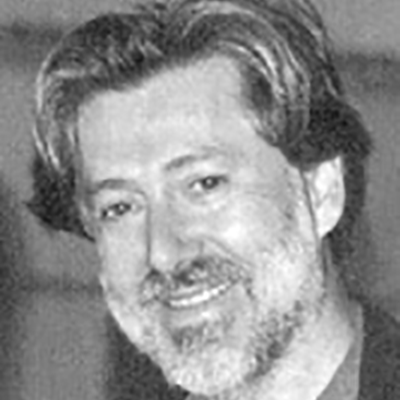The Poet’s Word
Poetics
The way I see it, the poet is not necessarily an isolated being in an ivory tower. In any case, as Marià Villangómez has written, his or her isolation "is for a more intimate union". The profession is at once solitary and solidary. The poet confronted by the blank page is faced with nothingness and himself or herself. It is then that he or she sets about the task of creating a reality that seeks to be the essence of profound experience. "Poetry", says Villangómez, "is poetry and that's all, a different emotion, a new category that still wants to be expressed".Then again, the poet belongs to a particular people among whom he or she is nourished, is influenced and occupies a symbolic place … One's life, one's biography is mere circumstance, an accident … In a poet I consider important his or her writing and its ability to link us up with History, expressing experiences that can be shared. This is what one can capture, for example, in Paul Eluard's poem Couvre-feu (Curfew) where he lays out in just eight very simple, unpunctuated lines all the emotion of a night of love between a man and a woman in the exceptional circumstances of a city occupied by enemies of life, in that tragic hour of History wherein, once again, poets testify to their powers of communication.
All in all, although the person speaking in a poem – let's say, simplifying Carlos Bousoño – frequently coincides with the "I" of the poet, this person is to a large extent a character, a composition achieved by fantasy through the data of experience. Yet the poet, too, is a character. A faker as Pessoa would have it.
Taking a distance – a warm distance – when reading a work is therefore always better for understanding it, without the warping imposed by everyday reality. We need, then, to move beyond the anecdote, the specific reference. This is a task that is primarily the lot of the poet, who starts out from life to offer the reader with the fragile – but decisive – tool of language a collective and simultaneously shaping distillation of a historic spirit: motherland, nation or people, which is to say, the sensation of transcended reality.
If life – always within the framework of History or Culture – does not throb in our writing then the latter will be a perfectly useless thing, the most sterile practice. However, if the writer is content merely to mine the vein of existential or sociological experiences, the work will be equally impoverished and the flame of supreme harmony will be extinguished just as the flame of an oil lamp goes out in a room without oxygen. In contrast, if we are successful in our aims then the poetry that, to use the words of Marià Manent, "awaits us sometimes in the heart of silence", will open up the way with the words we dare to put together with our striving for style.
In my poems, then, I hope to have reflected inquietudes that can be shared since, as T. S: Eliot so rightly observed, no art is as obstinately national as poetry, and poetry must be born, as I see it, from an unwavering love of life and hence from a certain awareness of being in History, which does not rule out, as we can see in the case of Chinese poetry and in the words of Marià Manent again, "the most ardent attention to the wonder of things of nature and of those fashioned by the hand of man". Then again, the poet knows that he or she belongs, thanks to the language used, to a literary tradition, even if this does not entail total subservience to the past. Neither does it mean that in seeking the paths that are most appealing, the poet should be deemed thus flippant. Poetry, at times inapprehensible and frequently miserly in its formulations, is not prone to heading for regressive slopes and, while not totally turning its back on reality, neither will it stop probing, as it tries to awaken us, in the mysteries concealed beneath the crust of things.
Paraula de poeta. Col. Poemes Essencials, núm. 9 (Palma, Govern de les Illes Balears, 2000)




